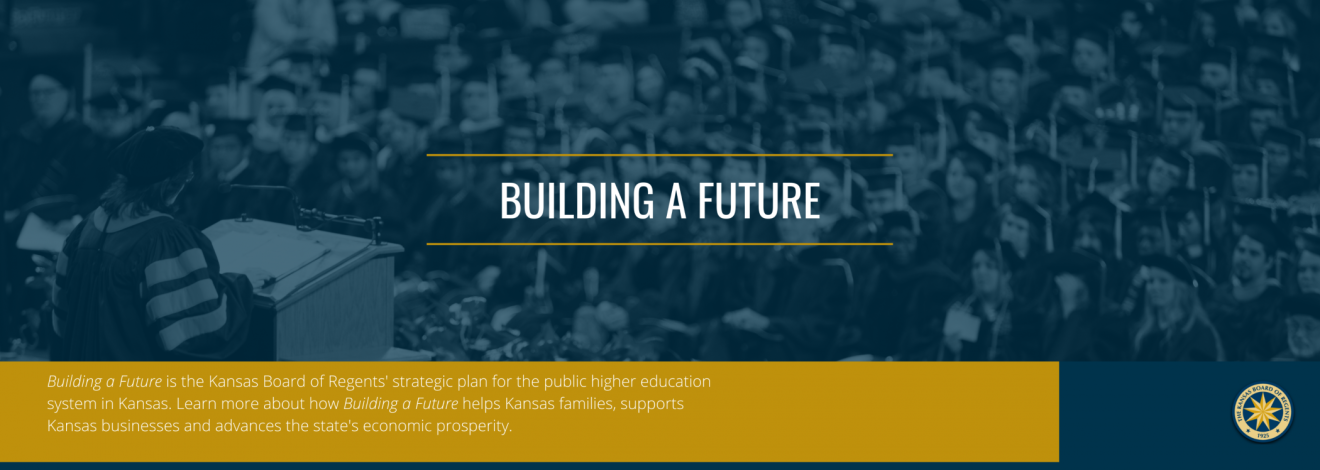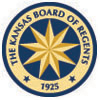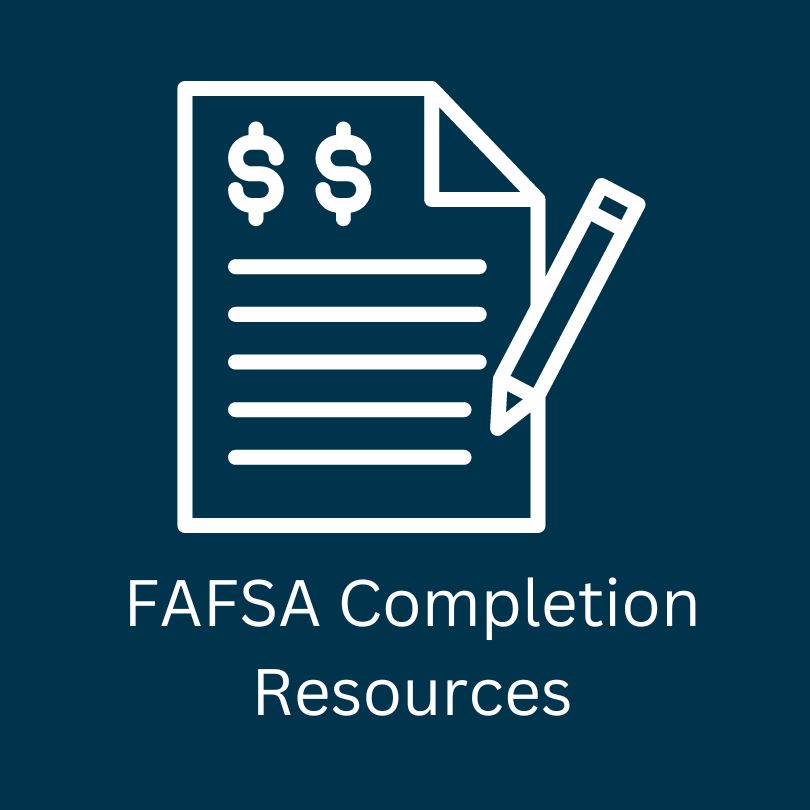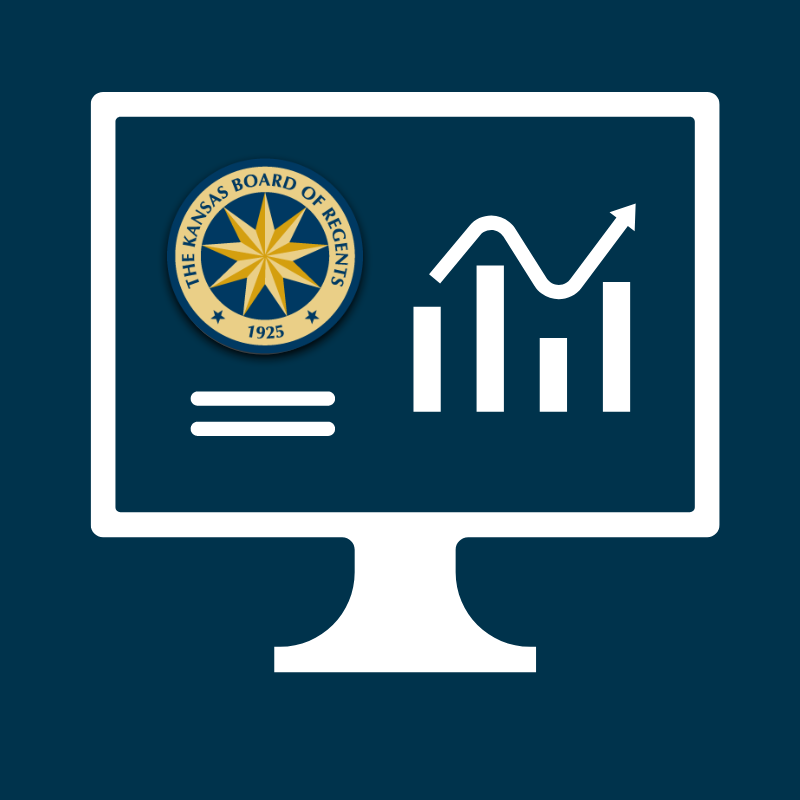The Kansas Nursing Initiative was developed to address the growing nursing shortage in the state by providing needed resources to nursing education programs. The 2006 Legislature responded to the nursing shortage with funds for postsecondary institutions with nursing programs through a competitive grant process and required matching funds from the institution.
Today, subject to annual appropriation from the Legislature, $1.7 million is available to both public and privately-funded educational institutions with registered nursing programs. These grant funds support faculty and nursing lab supplies with the goal of improving program quality and student success.
Eligibility criteria are:
- The program must be approved by the Kansas Board of Nursing and nationally accredited;
- The most recent three-year average NCLEX test scores must be at or above the three-year national average; and
- There must be documented articulation of one of the following: Registered Nurse to Bachelor of Science in Nursing, Bachelor of Science in Nursing to Master of Science in Nursing, or Master of Science in Nursing to Doctor of Nursing Practice.
To assist those programs not meeting the above criteria, a portion of funds is set aside for alternate applications to:
- Obtain national accreditation; or
- Improve NCLEX scores.
Grants are awarded on a yearly basis, which allows institutions to address deficiencies and become eligible for additional funding in subsequent years.
Forms
FY25 Kansas Nursing Initiative Grant
- Full Application (doc)
- Alternate Application A - Accreditation (doc)
- Alternative Application B - NCLEX Scores (doc)
- Budget Modification Form (doc)
- Final Report Narrative (doc)
- Final Expenditure Report (doc)
FY24 Kansas Nursing Initiative Grant
- Budget Modification Form (doc)
- Final Report Narrative (doc)
- Final Expenditure Report (doc)
For more information or assistance with this initiative, contact
In 2012, Governor Brownback launched a plan to enhance career technical education in Kansas and better prepare high school students for college and careers. Senate Bill 155 was the enacting legislation, and beginning with the 2012-2013 school year, Kansas high school students qualify for state-funded college tuition in approved technical courses offered by Kansas technical and community colleges.
Snapshot of Success
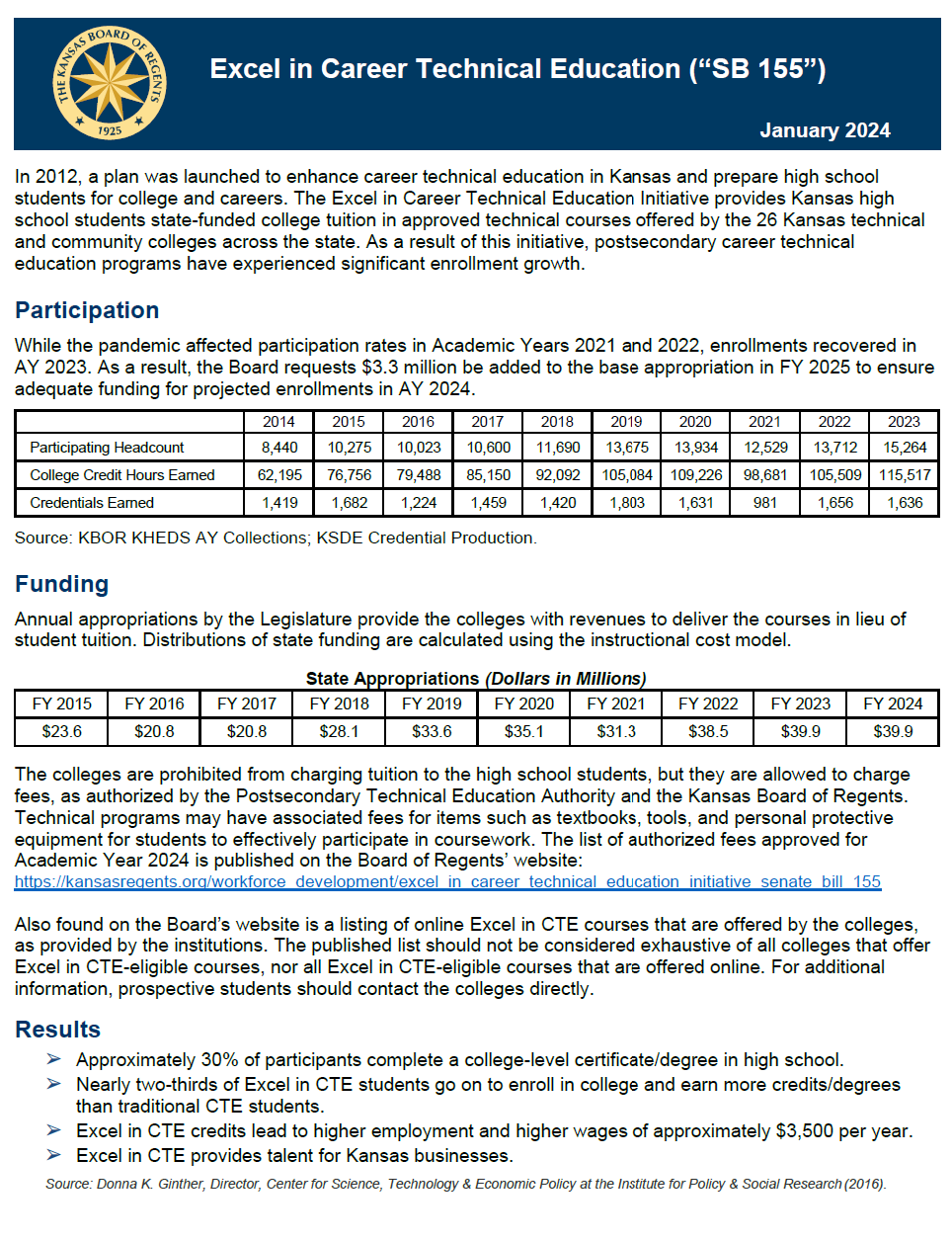 |
HANDOUT: Excel in Career Technical Education Initiative (January 2024) (pdf) |
Postsecondary career technical education has experienced significant growth in the number of students participating in technical courses, the college credit hours generated, and credentials earned by students in high school since the inception of the initiative in 2012.
| 2010-2011 (Baseline) |
2018-2019 | 2019-2020 | 2020-2021 | 2021-2022 | 2022-2023 | |
| Participating Headcount | 3,475 | 13,675 | 13,934 | 12,529 | 13,712 | 15,264 |
| College Credit Hours Generated | 28,000 | 105,084 | 109,226 | 98,681 | 105,509 | 115,517 |
| Credentials Earned | -- | 1,803 | 1,631 | 981 | 1,656 | 1,636 |
Updated: February 2023
Academic Year 2025 Excel in cTe fees
Technical programs may have associated fees for items such as textbooks, tools, and personal protective equipment for students to effectively participate in coursework. The following list includes fees approved by the Technical Education Authority in March 2024, effective for Academic Year 2025. Fees listed are totals for each specific award level within a given program. Students must verify specific Excel in CTE fees with their institution upon applying to take courses. Please contact the community and technical colleges directly for information on applicable fees and opportunities for funding assistance.
Note: ALL technical education courses included in technical programs approved by the Kansas Board of Regents are eligible for tuition reimbursement. This is a list of the separate fees that may be applicable on a per-program basis at each institution.
Academic Year 2025 Excel in CTE Fees
Online Excel in CTE Courses by Institution
Various Excel in CTE tuition-eligible courses are offered online by technical and community colleges. The following institutions have compiled a listing of Excel in CTE-eligible courses which include an online component available Fall 2024/Spring 2025.
The following is not a complete list of all technical and community colleges that offer Excel in CTE-eligible courses, nor all Excel in CTE-eligible courses that are offered online. Please contact the community and technical colleges directly for information on how to sign up for courses, if you would like more information on the courses available, or have any additional questions.
Participating Institutions
Allen Community College
Kansas City Kansas Community College
Neosho County Community College
Resources
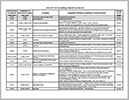 |
2024-2025 Qualifying Credentials - approved April 2024 (pdf) Note: ALL technical education courses approved by the Kansas Board of Regents are eligible for tuition reimbursement. This is a list of the high need/high demand credentials that are eligible for the incentive. |
 |
FAQ: Excel in Career Technical Education - updated December 2018 (pdf) |
- Original (2012) SB155 Legislation (pdf)
- HANDOUT: Determination process for the high demand credential incentive list (pdf)
You can also visit the Kansas Career Technical Education Program Search to find information on career education training opportunities from 26 Kansas public technical and community colleges.
Career Technical Education (CTE) Credential and transition incentive for employment success (SB123)
Signed into law during the 2023 legislative session, SB123 directs school districts to pay for assessment fees for identified career technical education (CTE) credentials upon student request. The State Board of Education and the State Board of Regents, after consultation with the Secretary of Labor, the Secretary of Commerce and representatives of industries that recognize career technical education credentials, have jointly approved a list of eligible industry-sought credentials for Academic Year 2024. Interested students should contact their school district for more information.
2024-2025 SB123 Credential List (pdf)
excel in cte National Recognition
In 2013, the initiative received national recognition as “Top Ten Innovations to Watch” from the Brookings Institute.
In the September 2013 issue of Techniques, a national monthly magazine published by The Association for Career and Technical Education, Martin Kollman of the Kansas State Department of Education and Lisa Beck of the Kansas Board of Regents published the article: “Free CTE College Tuition and Certification Funding: KS SB155 at Work.”
In 2012, Governor Brownback launched a plan to enhance career technical education in Kansas and better prepare high school students for college and careers. Senate Bill 155 was the enacting legislation, and beginning with the 2012-2013 school year, Kansas high school students qualify for state-funded college tuition in approved technical courses offered by Kansas technical and community colleges.
Snapshot of Success
 |
HANDOUT: Excel in Career Technical Education Initiative (January 2024) (pdf) |
Postsecondary career technical education has experienced significant growth in the number of students participating in technical courses, the college credit hours generated, and credentials earned by students in high school since the inception of the initiative in 2012.
| 2010-2011 (Baseline) |
2018-2019 | 2019-2020 | 2020-2021 | 2021-2022 | 2022-2023 | |
| Participating Headcount | 3,475 | 13,675 | 13,934 | 12,529 | 13,712 | 15,264 |
| College Credit Hours Generated | 28,000 | 105,084 | 109,226 | 98,681 | 105,509 | 115,517 |
| Credentials Earned | -- | 1,803 | 1,631 | 981 | 1,656 | 1,636 |
Updated: February 2023
Academic Year 2025 Excel in cTe fees
Technical programs may have associated fees for items such as textbooks, tools, and personal protective equipment for students to effectively participate in coursework. The following list includes fees approved by the Technical Education Authority in March 2024, effective for Academic Year 2025. Fees listed are totals for each specific award level within a given program. Students must verify specific Excel in CTE fees with their institution upon applying to take courses. Please contact the community and technical colleges directly for information on applicable fees and opportunities for funding assistance.
Note: ALL technical education courses included in technical programs approved by the Kansas Board of Regents are eligible for tuition reimbursement. This is a list of the separate fees that may be applicable on a per-program basis at each institution.
Academic Year 2025 Excel in CTE Fees
Online Excel in CTE Courses by Institution
Various Excel in CTE tuition-eligible courses are offered online by technical and community colleges. The following institutions have compiled a listing of Excel in CTE-eligible courses which include an online component available Fall 2024/Spring 2025.
The following is not a complete list of all technical and community colleges that offer Excel in CTE-eligible courses, nor all Excel in CTE-eligible courses that are offered online. Please contact the community and technical colleges directly for information on how to sign up for courses, if you would like more information on the courses available, or have any additional questions.
Participating Institutions
Allen Community College
Kansas City Kansas Community College
Neosho County Community College
Resources
 |
2024-2025 Qualifying Credentials - approved April 2024 (pdf) Note: ALL technical education courses approved by the Kansas Board of Regents are eligible for tuition reimbursement. This is a list of the high need/high demand credentials that are eligible for the incentive. |
 |
FAQ: Excel in Career Technical Education - updated December 2018 (pdf) |
- Original (2012) SB155 Legislation (pdf)
- HANDOUT: Determination process for the high demand credential incentive list (pdf)
You can also visit the Kansas Career Technical Education Program Search to find information on career education training opportunities from 26 Kansas public technical and community colleges.
Career Technical Education (CTE) Credential and transition incentive for employment success (SB123)
Signed into law during the 2023 legislative session, SB123 directs school districts to pay for assessment fees for identified career technical education (CTE) credentials upon student request. The State Board of Education and the State Board of Regents, after consultation with the Secretary of Labor, the Secretary of Commerce and representatives of industries that recognize career technical education credentials, have jointly approved a list of eligible industry-sought credentials for Academic Year 2024. Interested students should contact their school district for more information.
2023-2024 SB123 Credential List (pdf)
excel in cte National Recognition
In 2013, the initiative received national recognition as “Top Ten Innovations to Watch” from the Brookings Institute.
In the September 2013 issue of Techniques, a national monthly magazine published by The Association for Career and Technical Education, Martin Kollman of the Kansas State Department of Education and Lisa Beck of the Kansas Board of Regents published the article: “Free CTE College Tuition and Certification Funding: KS SB155 at Work.”
The number of adults who lack skills beyond a high school diploma is a significant national concern. In Kansas alone, there are over 700,000 working-age adults (ages 25-64) with no meaningful postsecondary credential.
With significant concern of this trend continuing, more and more Kansas jobs are requiring workers with some form of postsecondary credential. Magnified by the difficulty faced by employers across the state, struggling to find qualified workers who can fill skilled positions, Kansas community and technical colleges play a vital role in promoting economic prosperity for all Kansans through this successful program.
The Kansas Board of Regents, in partnership with the Kansas Department of Commerce, has implemented Accelerating Opportunity in Kansas (AO-K) to transform the delivery system for adult education in Kansas by delivering career and technical education at the same time as adult basic skills instruction within a career pathways framework. Students complete short-term certificate programs aligned with labor market needs, leading to industry-recognized credentials and immediate jobs.
Community and technical colleges across Kansas are implementing Accelerating Opportunity:
- Barton Community College
- Butler Community College
- Colby Community College
- Cowley Community College
- Dodge City Community College
- Flint Hills Technical College
- Fort Scott Community College
- Garden City Community College
- Highland Community College
- Hutchinson Community College
- Independence Community College
- Johnson County Community College
- Kansas City Kansas Community College
- Labette Community College
- Manhattan Area Technical College
- Neosho Community College
- Salina Area Technical College
- Seward County Community College/Area Technical School
- Washburn Institute of Technology
- WSU Tech
What is Accelerating Opportunity: Kansas (AO-K)
Accelerating Opportunity: Kansas (AO-K) is an integrated education and training (IET) model delivered in partnership between adult education and career technical education (CTE) programs. AO-K is designed to help students complete career pathways, earn industry-recognized credentials, and begin their careers. Career pathways are approved career technical education programs at Kansas’s public community and technical colleges in which:
- Courses are team-taught with a basic skills instructor
- AO-K pathways are a minimum of 12 credit hours in a high-demand and high-wage occupation
- Institutions provide wraparound support services, including, but not limited to, advising, transition coaching, and assistance in connecting to community resources
- Supplemental instruction is provided
Nationally, IET programs such as AO-K have been proven to help students earn more credit hours, complete programs, and succeed where they may have otherwise struggled.
AO-K Pathways and Credentials List (June 10, 2024)
Resources
2023 AO-K Handbook (pdf)
2023 AO-K Pathway Application (doc)
For more information about this initiative,
Credit for Prior Learning (CPL) refers to a process used by postsecondary institutions to award academic credit for a student's knowledge and expertise acquired through life and professional experience, as long as the student's knowledge and skills are determined to be equivalent to college-level learning. CPL helps students accelerate completion of their degrees as evidenced by research from the Council for Adult and Experiential Learning (CAEL). These studies suggest students who earn CPL demonstrate higher graduation rates, better persistence and shorter time to degree.
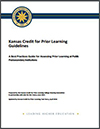 |
Kansas Credit for Prior Learning Guidelines - November 2022 (pdf) The Kansas Credit for Prior Learning Task Force has developed guidelines to ensure consistent practices and quality standards are used across institutions. CPL awards credit for college-level equivalent knowledge and skills and includes credit evidenced by national standardized exams, military training transcripts, industry credentials, portfolios, and other methods. |
Reports
- Credit for Prior Learning Awarded by KBOR Institutions - Academic Year 2023 - May 2024 (pdf)
- Credit for Prior Learning Awarded by KBOR Institutions - Academic Year 2022 - April 2023 (pdf)
- Credit for Prior Learning Awarded by KBOR Institutions - Academic Year 2021 - April 2022 (pdf)
- Credit for Prior Learning Awarded by KBOR Institutions - Academic Year 2020 - May 2021 (pdf)
- Credit for Prior Learning Awarded by KBOR Institutions - Academic Year 2019 - May 2020 (pdf)
- Credit for Prior Learning Awarded by KBOR Institutions - Academic Year 2018 - June 2019 (pdf)
Resources - Kansas
- WEBSITE: Military Articulation Portal - launched August 2019
- PRESENTATION: Mapping ACE Credit for Military and Veterans - March 2017 (pdf)
- PRESENTATION: Credit for Prior Learning Pathways , ACE - June 2014 (pdf)
- TOOL: ACE Gauging Institutional Capacity Tool (doc)
- Introductory Webinars from:
- CAEL - PLA Quality Standards - January 2014 (pdf)
- ACE - Credit for Prior Learning Pathways - January 2014 (pdf)
- College Board - Developing Effective PLA Policy for CLEP - February 2014 (pdf)
- PLA at Thomas Edison State College - February 2014 (pdf)
- High School Counselor:
Resources - National Experts
- Midwest Higher Education Consortium-Multi-State Collaborative on Military Credit (website)
- The Council For Adult & Experiential Learning Research Highlights (pdf), includes links to full research documents
- REPORT: Fueling the Race, CAEL - March 2010 (pdf)
- State Policy Approaches to Support PLA, CAEL - 2012 (pdf)
- American Council on Education (website)
Resources - State and Institutional Initiatives
- Ohio - PLA with a Purpose (pdf)
- Tennessee - Recommended Standards in Prior Learning Assessment Policy and Practice - August 2012 (pdf)
- North Carolina - Credit for Military Training at FTCC (website)
- Minnesota - Career Pathways: Get Credit for Prior Learning (website)
- Indiana - Supporting Hoosier Veterans: A Look at Military Credit in Indiana - November 2016 (pdf)

